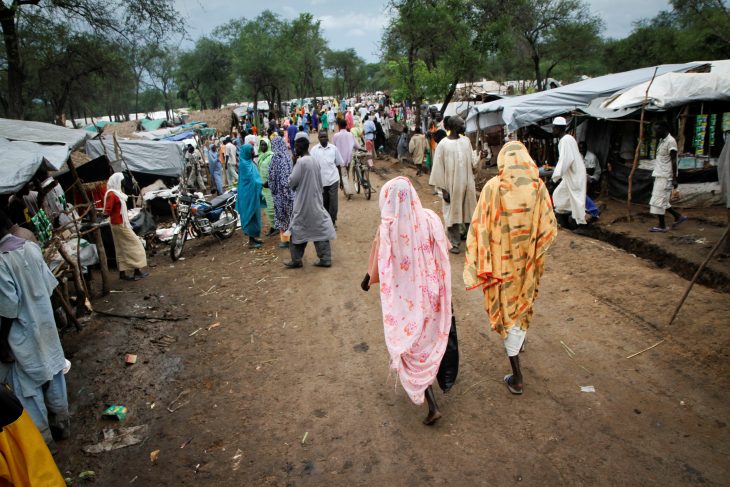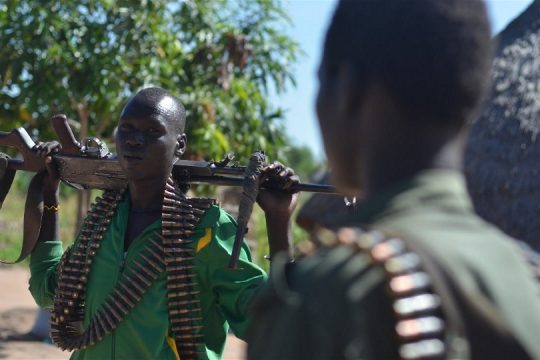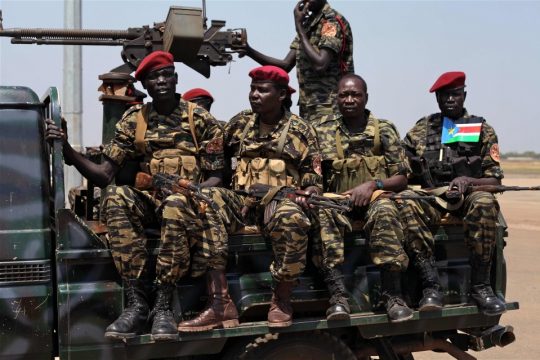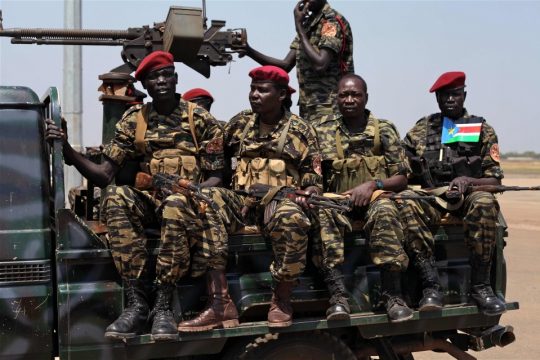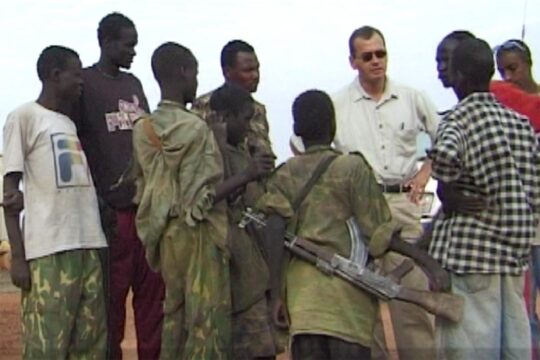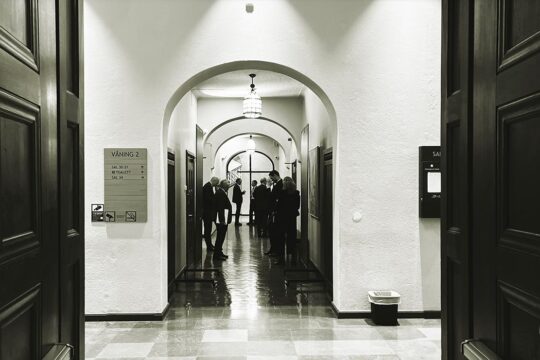Recent reports say both sides in South Sudan’s conflict have committed serious human rights abuses, whilst an August 2015 peace accord looks increasingly fragile. Yet a recent survey found that the majority of ordinary people in South Sudan want peace, accompanied by “truth, justice, reconciliation and healing”.
When South Sudan gained independence from Sudan in 2011 after decades of war with Khartoum, hopes were high for a new start. But in late 2013, the new country started tearing itself apart again in an internal civil war. Recent reports from the UN point to massive human rights abuses against civilians by both sides in the conflict, including killing, burning villages, looting, raping and using child soldiers.
A peace deal signed in August has not yet been implemented. But the peace deal provides, among other things, for transitional justice mechanisms in South Sudan, including an African Union-backed Special Court and a truth commission.
The South Sudan Law Society, with support from the United Nations Development Programme (UNDP) recently published a survey on perceptions of peace and justice in South Sudan.
“The survey data demonstrates a demand for mechanisms to promote truth, justice, reconciliation and healing among populations in South Sudan,” says the UNDP. “Respondents expressed widespread support for various processes of transitional justice and national reconciliation, including the criminal prosecution of people suspected of conflict-related abuses, documenting and reporting the facts and circumstances of human rights violations, providing reparations to survivors, and honouring those killed or missing as a result of the conflict.
“The Government of the Republic of South Sudan, SPLM-IO (rebels) and South Sudan’s international partners should take this demand into account and ensure that relevant mechanisms are provided for in any post-conflict transition,” the UNDP adds.




